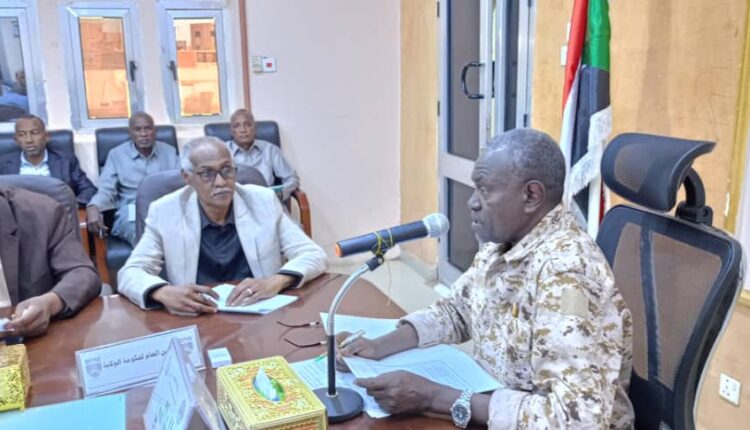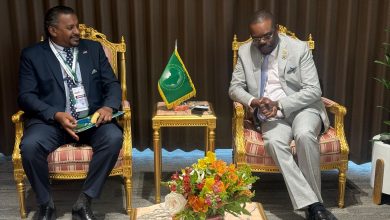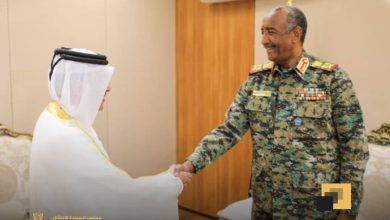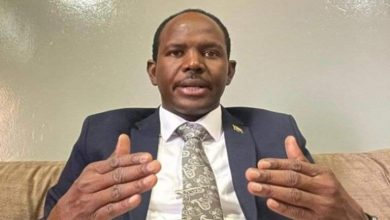
Sudan Events – Reports
The Supreme Emergency and Crisis Management Committee in Khartoum State announced the mobilization of all resources to respond to the major liberation phase taking place across the state’s localities around the clock. This includes immediate intervention in key areas such as the removal and burial of bodies, site disinfection, and the collection of foreign objects and explosives.
Khartoum State urged the federal government to quickly inspect its premises, inventory their contents, and secure them, especially since all federal ministries, agencies, and government offices have become completely free of the rebel militia.
In a meeting chaired by Governor Ahmed Osman Hamza, the General Secretariat of the Khartoum State Government confirmed that it has begun rehabilitating its headquarters in preparation for resuming operations from within.
The committee directed the state’s agencies to conduct a rapid assessment of the residents in the liberated areas to determine their needs and provide immediate support as part of the recovery plan from the militia siege.
The meeting also instructed Khartoum locality to resume its work from within the city and to restart the operations of administrative units, focusing on restoring basic services, conducting weed-clearing campaigns, removing waste, and reopening roads.
Additionally, the Khartoum State Water Corporation was tasked with inspecting the Al-Muqran water station to assess its condition. The meeting heard a report from the Director of the Khartoum Water Corporation, Engineer Mohamed Ali Al-Ajab, regarding the destruction of the Bahri water station — the largest station in the country, which supplies Bahri, Khartoum, and East Nile. The station’s electrical transformers, cables, motors, pumps, laboratory, and automated control system (SCADA) were all stolen.
The meeting also reviewed the progress of recovery interventions in East Nile, including health, humanitarian, and food aid, as well as the state of education. It expressed satisfaction with the significant progress in implementing these programs.
Lastly, the meeting discussed arrangements to clear schools being used as shelters and to fully restore them for educational purposes. It was noted that after the liberation and cleanup of most areas of the state, shelters would no longer be necessary, and the focus would shift to supporting and encouraging voluntary return.
Nevertheless, the committee’s chairman and Director-General of the Ministry of Social Development, Sidiq Farini, stated that his committee has made significant efforts to find alternative locations for displaced persons. He stressed that the committee’s goal is to prevent shelters from obstructing students’ return to education, as long as suitable alternatives with all necessary services are available.



